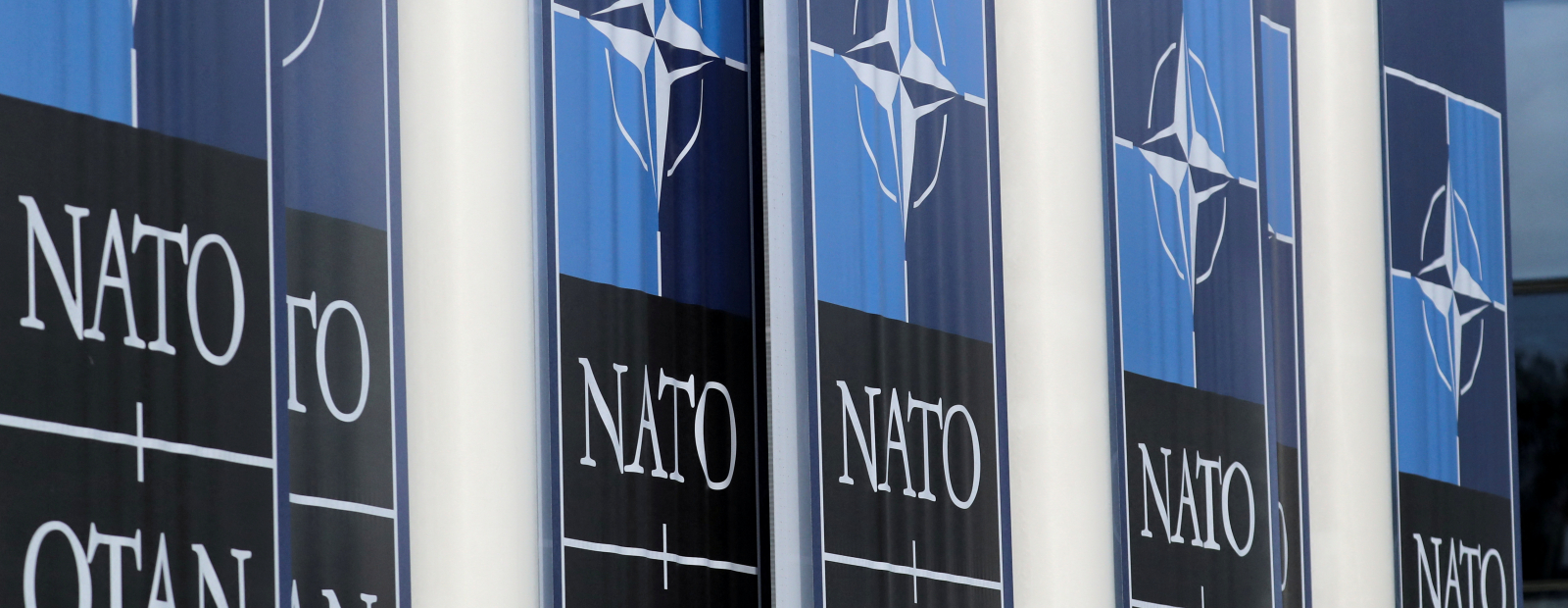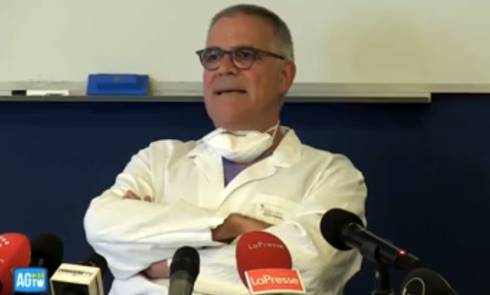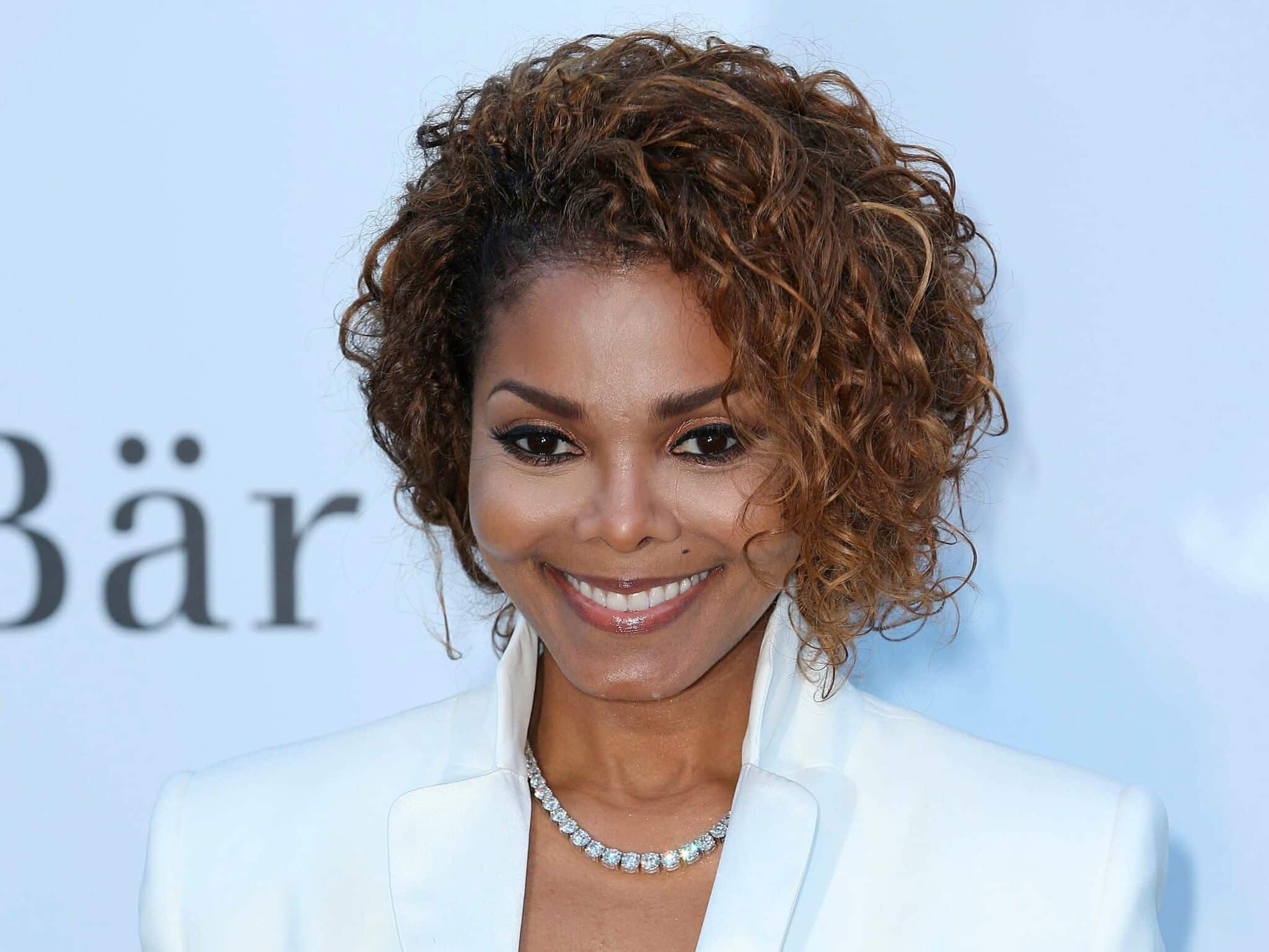Both the President of Finland, Sauli Nīniste, and the Prime Minister, Sanna Marina, emphasized in their New Year’s speeches that Helsinki reserves the right to decide at any time to join the Alliance.
“Let’s say again – Finland’s room for maneuver and freedom of choice also includes the possibility of a military alliance and applying for NATO membership, if we so decide,” Niniste emphasized.
Marina, meanwhile, said in a speech that each country has the right to decide on its own security policy. She emphasized: “We have shown that we have learned from the past. We will not give up our room for maneuver.”
Russia’s foreign ministry said last week that Finland’s and Sweden’s accession to NATO “will have serious military and political consequences that will require an appropriate response from Russia.”
Russia has concentrated a contingent of about 100,000 men on Ukraine’s borders, and the Kremlin has issued an ultimatum to the West demanding a halt to NATO’s further expansion to the east and the dismantling of the Alliance’s infrastructure in the so-called new member states on 27 May 1997. , that is, before the first enlargement of NATO.
Russian President Vladimir Putin has threatened that if Moscow does not receive the “security guarantees” he has demanded, he will have to take “military technical measures”.
Finland and neighboring Sweden remain neutral, although their cooperation with NATO is growing and both Helsinki and Stockholm have close bilateral relations with members such as Norway, the United States and the United Kingdom.
Although Finland is not expected to immediately apply for NATO membership, Russia’s actions on the Ukrainian border and the pre-Christmas ultimatum to the West have sparked Finnish debate on joining the alliance, which had not intensified since Moscow annexed Ukraine’s Crimea.
Niniste has warned the West that if they withdraw from the Kremlin’s possible military retaliation, it will only increase Russia’s aggression. Quoting former U.S. Secretary of State Henry Kissinger over Nazi Germany’s policy of appeasement, the Finnish president said: “Whenever a group of superpowers aimed to avoid war, the international system was left to its most cruel member.”
The leader of the national coalition, Petri Orpo, who has long supported Finland’s membership in NATO, said it was time to discuss whether Helsinki should apply to join the alliance and that joining it would improve the security situation in both the country and the region.
“Russia has recently indicated that the possible membership of Finland and Sweden in NATO will force it into a military response. This language is deplorable and speaks more of Russia’s own real intentions … Finland does not pose any threat to Russia,” the leader of the main opposition party said.
Ate Harjane, the leader of the ruling parliamentary faction in the ruling coalition, also acknowledged that the arguments in favor of NATO membership had “become stronger” and that the country should join the alliance immediately.
Growing concern over Russia’s possible invasion of Ukraine and the hybrid operation by the authoritarian regime of Alexander Lukashenko of Moscow to organize the flow of illegal immigrants from Belarus to Poland, Lithuania and Latvia have led Baltic politicians to point out that Finland’s and Sweden’s membership in NATO is crucial. improving the security situation on Russia’s western border.
The accession of Finland and Sweden to NATO “can make the whole of Northern Europe more stable and secure,” said Mark Mihelson, chairman of the Estonian Parliament’s foreign affairs committee.
Finland is one of the few European countries that has not significantly reduced its army since the end of the Cold War. The fact that it has a border of 1340 kilometers with Russia, as well as the memories of the Winter War, when the Finns had to defend their independence with weapons in 1939/40 against the aggression of the then Soviet Union, is the reason why security issues in Helsinki are always high. priority.
At the same time, Finland has close economic ties with Russia, and security experts say Niniste is probably one of the European Union (EU) leaders with whom Putin has some respect and with whom the Kremlin’s host has regular ties.
–


